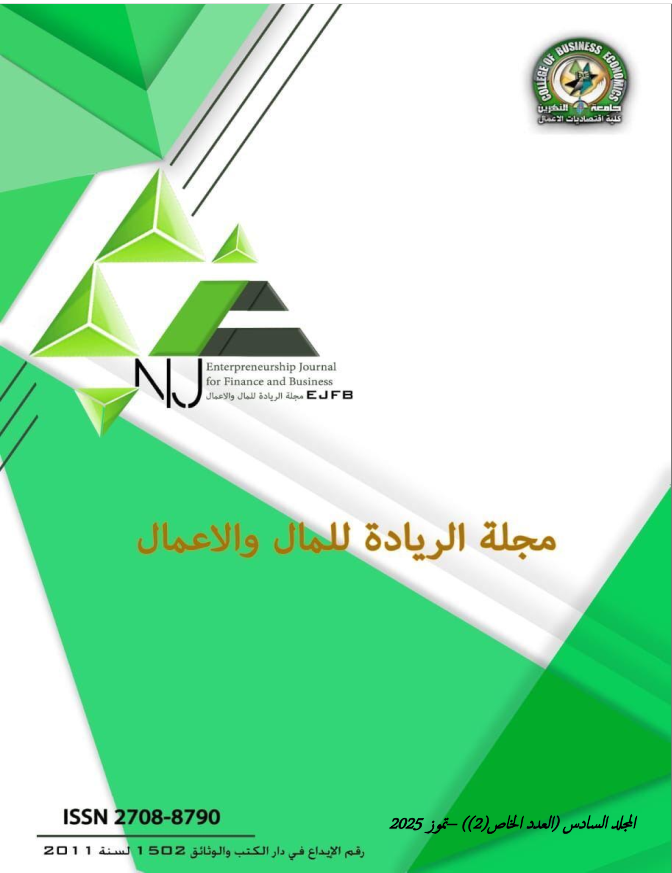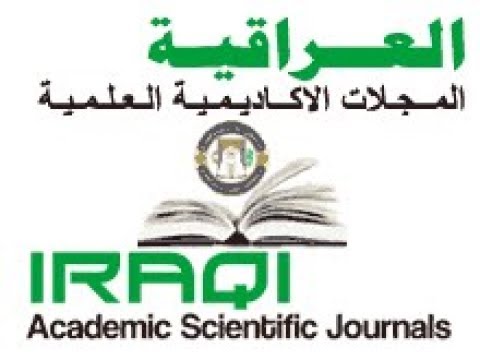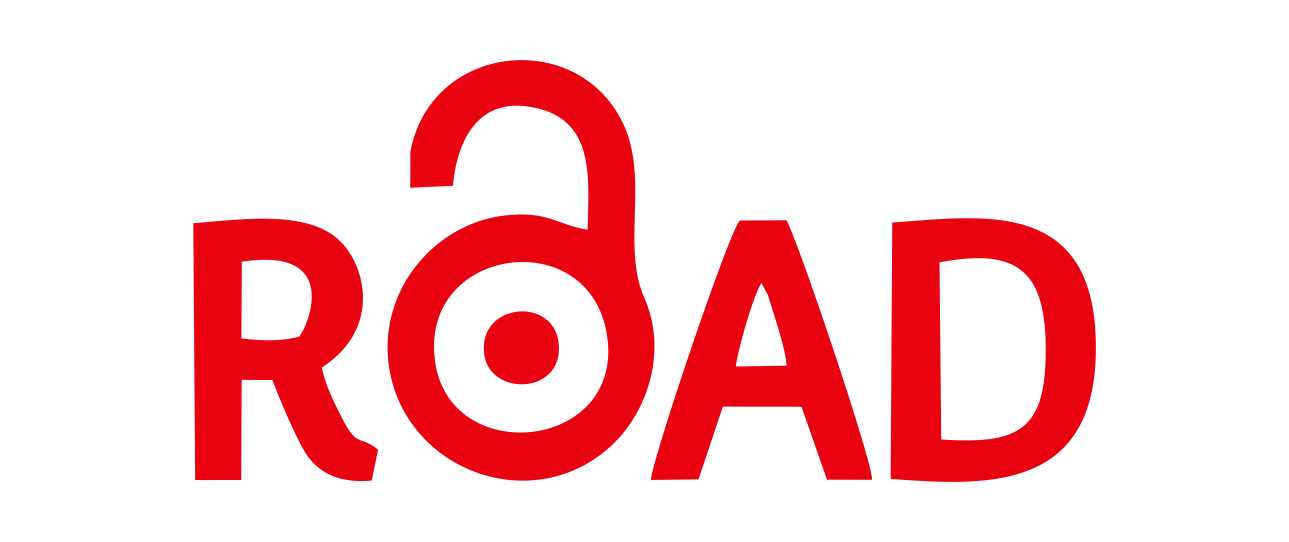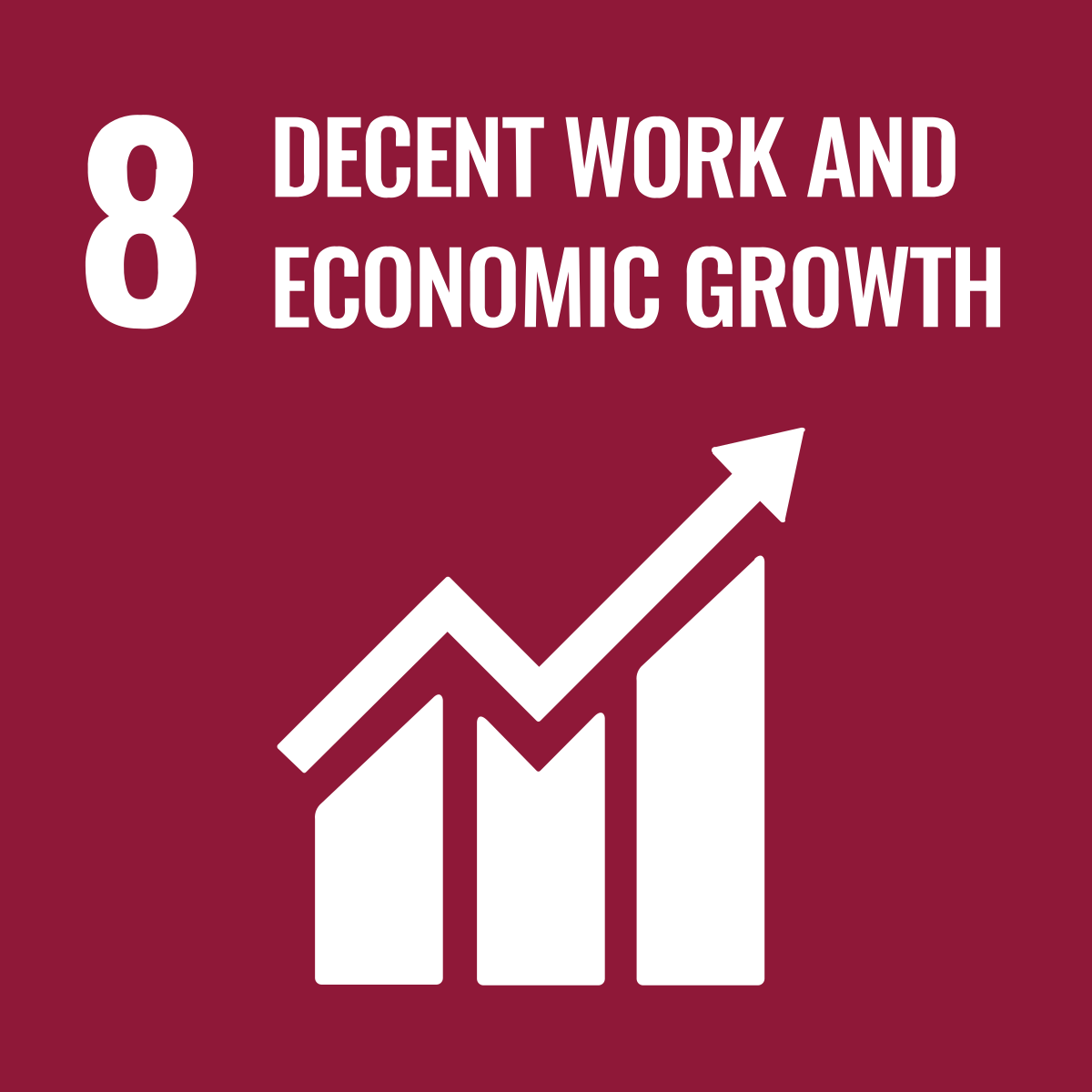The Role of Iraqi Banks and the Capital Market in Advancing Sustainable Development
DOI:
https://doi.org/10.56967/ejfb2025671Keywords:
digital accounting systems, quality of accounting information, commercial banks, digital transformation, financial reporting, electronic accountingAbstract
Despite the successive governments’ efforts to achieve the dimensions of sustainable development in Iraq, the current reality indicates that Iraq remains one of the countries lagging in this field. Therefore, this research analyzes the status of the banking sector in light of banking reforms and the capital market’s role in promoting and achieving the dimensions of sustainable development. It sheds light on some key indicators and concludes with a set of findings, the most important of which is that Iraq is still behind in realizing sustainable development due to the difficult circumstances it faces. These include the persistent deficit in the general budget, the lack of genuine efforts to achieve sustainable development, increasing environmental pollution, and the widespread phenomenon of financial and administrative corruption, all of which can undermine any development plan. The research concludes with a set of recommendations, the most significant of which are: monitoring the outcomes of strategic plans set by government institutions within their work programs and disclosing achievement rates in creating opportunities, employment, and realizing the benefits of large-scale production; strengthening cooperation between banks and the capital market by having banks offer diversified financial and investment services within the capital market; establishing green investment funds jointly financed by banks and investors to support sustainable development; and raising awareness among investors about the importance of sustainable development and their role in achieving it.
Downloads
Downloads
Published
How to Cite
Issue
Section
License
Copyright (c) 2025 طه احمد عبد السلام ، حيدر علي الدليمي، غسان طارق ظاهر

This work is licensed under a Creative Commons Attribution 4.0 International License.
This is an Open Access article distributed under the terms of the creative commons attribution (CC BY) 4.0 international license which permits unrestricted use, distribution, and reproduction in any medium or format, and to alter, transform, or build upon the material, including for commercial use, providing the original author is credited.










